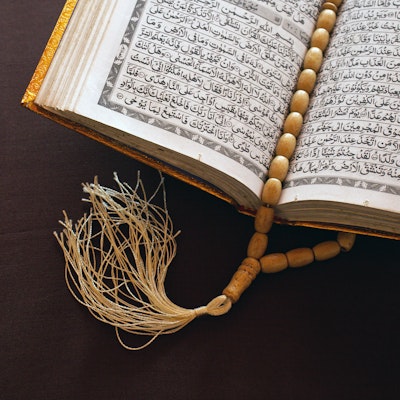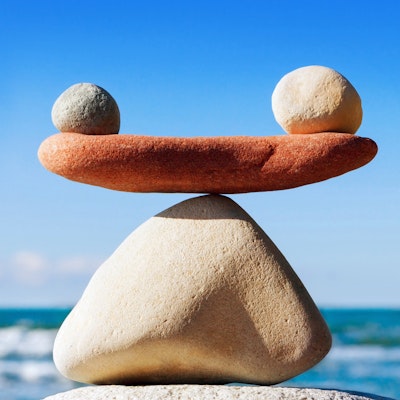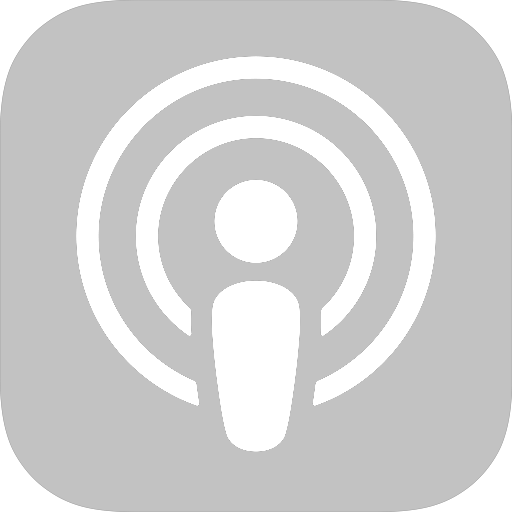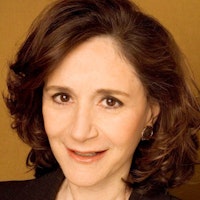
Empathy doesn't mean liking somebody else. It means being able to put yourself in their place, which is always a very big misunderstanding.
Show Notes
The human capacity for empathy allows us to communicate, collaborate and understand each other. But we all know empathy isn’t always easy, and we can feel worn down by the effort. MIT professor and researcher Sherry Turkle studies empathy, and particularly how technology can undermine our natural human tendencies to connect. After several books and many decades of work compiling research on other people, Turkle looked inward to write, “The Empathy Diaries: A Memoir.” She explores how she arrived at her subject matter, which she says is not just a profession, but a calling. In this interview from the archives, Tricia Johnson, the editorial director of the Aspen Ideas Festival, interviews Turkle on stage at the 2021 festival. The event was Turkle’s first in-person book talk since the Covid pandemic hit. They discuss the role and power of being an outsider, how to build your empathy muscles, and the vital function of long-term relationships.
Explore
Related episodes


The stories we hear about migrants trying to escape difficult circumstances tend to focus on hardship, conflict, statistics and policy. We rarely get a deep look at any of the people risking their lives to cross the U.S. border or take a boat to Europe, and we don’t get to know or understand them as fellow humans. Writer Javier Zamora came to the U.S. when he was nine year...


When Duke divinity school professor Kate Bowler wrote her best-selling memoir, “Everything Happens for a Reason (and Other Lies I’ve Loved),” she was grappling with the consequences of a shocking cancer diagnosis. Many of the common messages about hardship, tragedy and success that she’d grown up hearing – and even studied as a religious scholar – no longer seemed to make...


In today’s world, we tend to switch jobs more frequently than previous generations, and are more likely to have multiple jobs. Side gigs where we express passions or find meaning are also common, and many juggle additional roles as caregivers and community members, as people always have. In short, many of us are focused on a lot more than just climbing a corporate ladder....


The United States is a more secular society than many, and the percentage of people who don’t identify with organized religion is rising. Some of the impacts from that shift might be obvious, such as declining membership in congregations or decreased support for religious organizations and institutions. But some of the consequences are less obvious. How do we change as peo...


About two decades ago, NPR host Mary Louise Kelly had her first child and went down the extremely common yet commonly daunting life path of balancing a demanding career with a family. As a national security correspondent on assignment war zones, she missed family events and emergency phone calls from her kids’ school. As the daily weekday co-host of “All Things Considered,...







